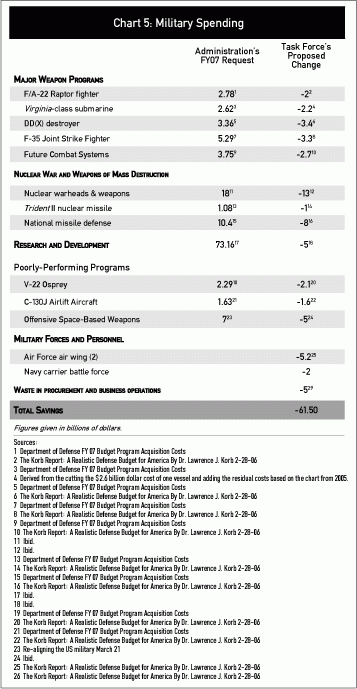Miriam Pemberton is an Associate Fellow at the Institute for Policy Studies. Formerly she directed its Peace Economy Transitions Project, focusing on helping to build the foundations of a postwar economy at the federal, state and local levels.
With Lawrence Korb, she headed the annual Task Force on “A Unified Security Budget for the United States,” which examined the balance of spending on military and non-military security tools and argued for a rebalanced security budget. She also headed a team that produced three “Military vs. Climate Security” reports comparing federal spending on the two security domains, and arguing for a shift of security resources toward mitigating climate change.
With William Hartung, now of the Quincy Institute, she co-edited Lessons from Iraq: Avoiding the Next War (Paradigm Publishers, 2008).
As an Associate Fellow, she has published Six Stops on the National Security Tour: Rethinking Warfare Economies (Routledge, 2022). It provides an overview of the Military Industrial Complex and its means of perpetuating itself. And through portraits of six military-dependent communities across the U.S. it demonstrates how redirecting our militarized foreign and industrial policy toward climate security can help communities like these become part of the solution to the climate crisis.
She holds a Ph.D. from the University of Michigan.


